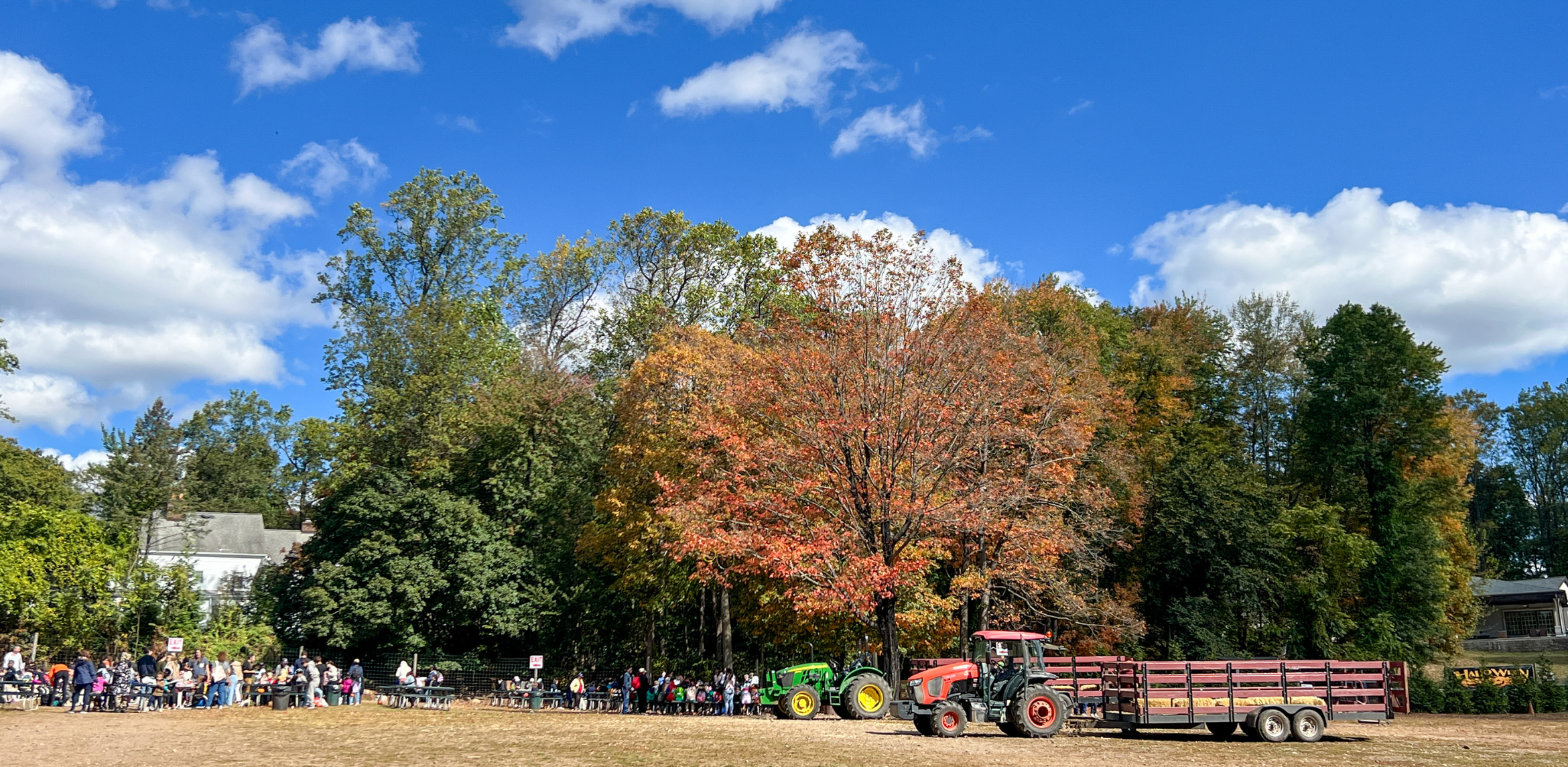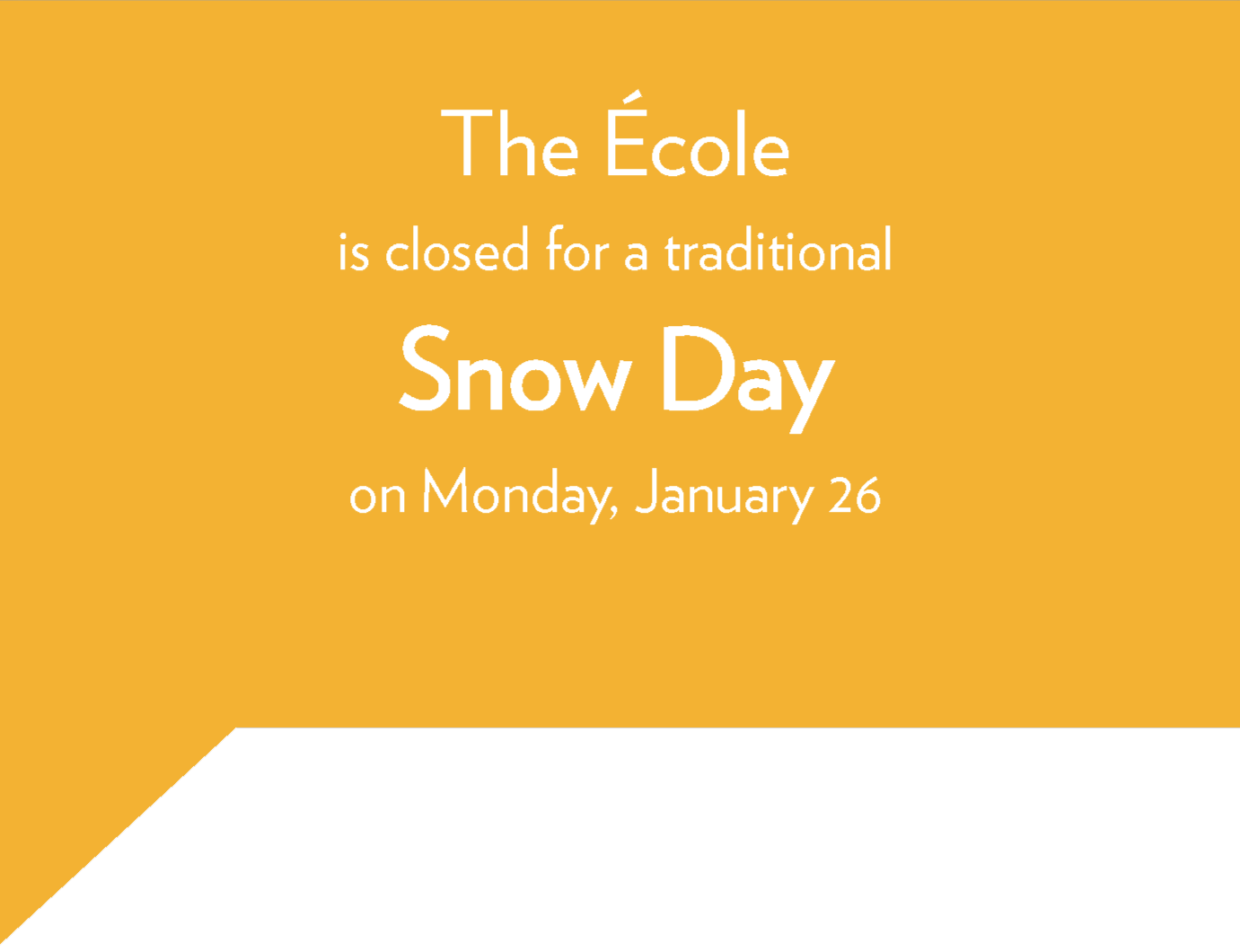And here we are—hard to believe—on the brink of our first break of the year. Out of everything that’s happened this back-to-school season, I’d like to linger on last Friday’s In-Service Day, a rare occurrence with the whole team at school minus the kids! It was an opportunity for us to receive some professional development training from Sophie—talented and tireless as ever—on the Universal Design for Learning—a notion I will return to in a future letter—that had us all glued to our seats.
Earlier in the day, we had a conference with Emmanuelle Piquet, a psychologist specializing in issues of bullying at schools. When Sophie and Stéphanie came with their best puppy dog eyes to ask if I would unlock the budget for the meeting, I didn’t hesitate for a second. First, because, as you can imagine, they can be very convincing, but also because we are not immune to instances of bullying at The École. All three of us have stories in mind, fortunately, few and far between, but still painful and unsettling, which left us with a bitter taste in our mouths. Following the same approach time and time again, hoping for different outcomes each time is the very definition of stupidity, so we were eager to seek out new ideas. And who better than Emmanuelle Piquet, an expert in her field, armed with a deliberately provocative message, to help us think differently?
And we were not disappointed. Emmanuelle is a remarkable speaker who wields sarcasm with gusto. Her humor hits the mark every time; she seems to wander off topic, but then suddenly the tone shifts, and with a single sentence, she reveals the staggering violence a bullied child experiences. She makes us feel it so sharply that we regret having laughed a minute before. Emmanuelle doesn’t pull any punches; her job is to put an immediate stop to children’s suffering, while ours is to create, day after day, an environment where suffering doesn’t exist. It is in this difference of perspectives, in that meeting of viewpoints, where the conference was at its most profound and interesting.
We learn–or perhaps we knew, but preferred to forget–that bullies feed off the pain of the bullied; that it actually gives them pleasure. We learn from real-life research that teenagers can instinctively identify, from a series of photos, which of their peers is a victim of bullying. We learn that bullying is invisible to adults, and that when they intervene, their efforts are frequently ineffectual and often catastrophic. We learn that the jargon of the corporate world has invaded the playground (“We’re holding a strategic meeting, so you cannot join us”). We learn that groups can be toxic and that children are often better off looking for solutions in one-to-one relationships.
Throughout the room, we regret something we may have once said. We recognize ourselves in certain situations. We blush at the realization that we have definitely, with the best intentions in the world, acted in a way that Emmanuelle would have cautioned us against. Some colleagues speak up, share a story, a doubt, or disbelief. We may not have found all the answers, but we finish on a beautiful note of hope when Emmanuelle tells us about a lonely child whose teacher loved them a little more each day until their classmates had no choice but to love them too.
And that’s what we dream of at The École: to love your children so deeply that nothing bad can ever happen to them.



